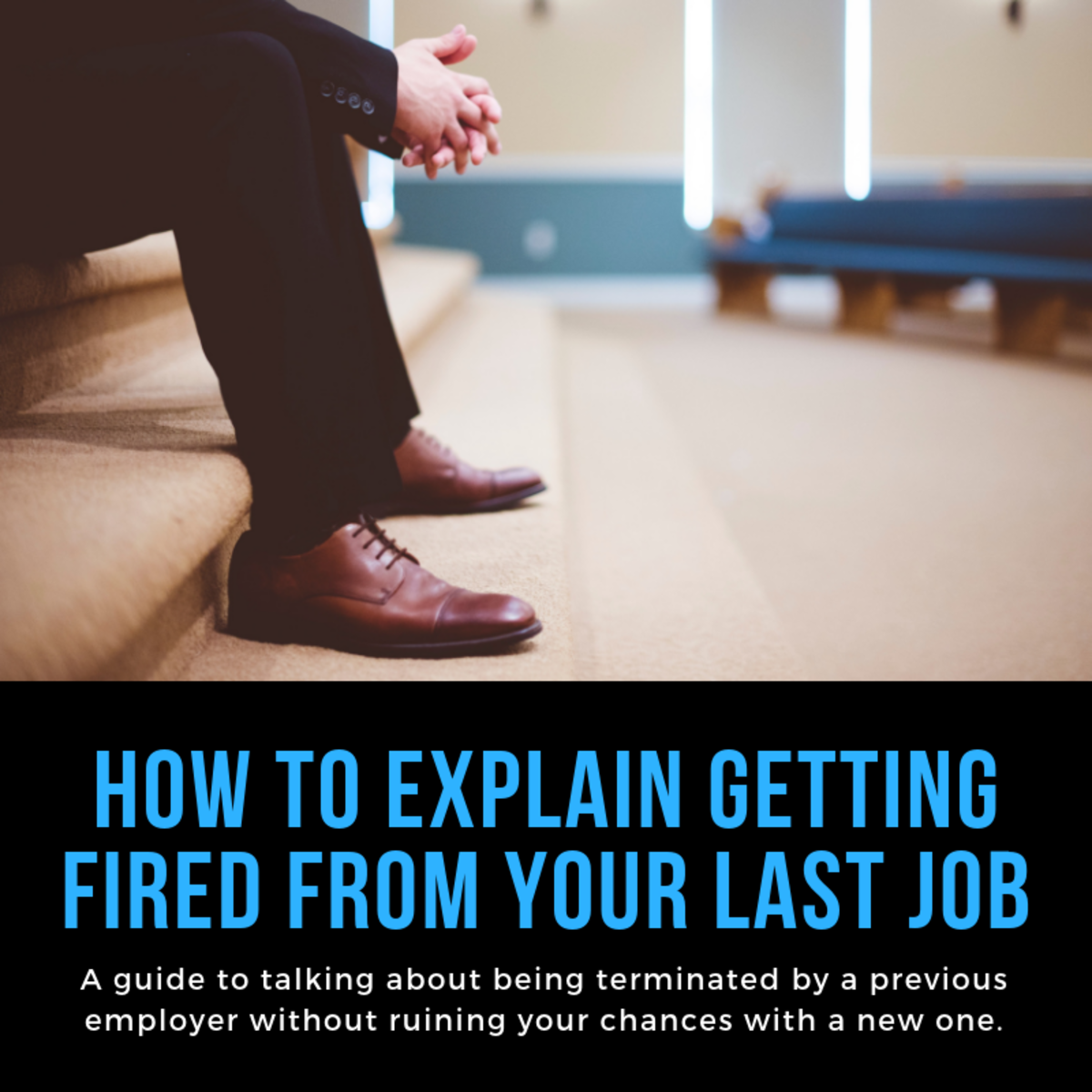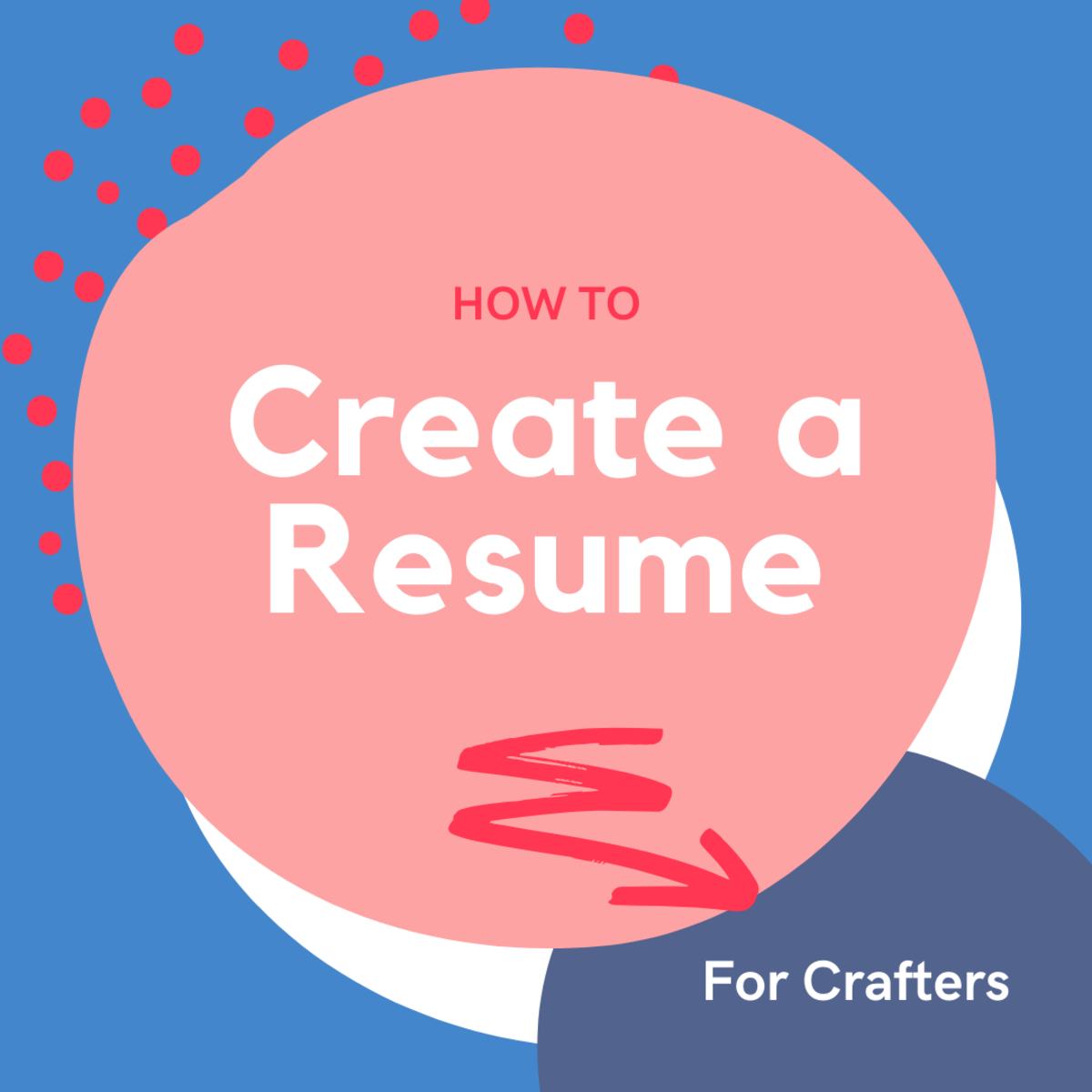How to write an effective resume
Writing a resume can at first seem like a daunting task. What do I put it in? What do I leave out? What will my employer think? Is it enough? Is it too little? A strong resume should be simple to read and follow, relevant, honest and most importantly it should stimulate interest.

What is a Resume
Before you begin writing your resume, you must understand what it is, and just as importantly – what it isn’t. Below are some common misconceptions about resumes you should know.
A resume will get you the job you want – In reality, all a resume can do is get you an interview.
Your resume will be read from the beginning to the end – Similar to a publisher looking for a new author, an employer looking for an employee will only read the first few lines, and if they’re interested they’ll read on.
Write as much as you can about yourself – The employer will only read a fraction of your resume. A resume is not a test of how well you can write about yourself, but how well you can sell yourself. A typical consumer buying a product does not want to know where it comes from or how it was made – they want to know what benefits it offers. Why should I buy this product? Why should I care? Likewise an employer wants to know why he/she should hire you.
What should I put in my resume?
Your resume should list your name, contact details, email, a summary (why are you applying for the job?) education, job background, past qualifications/achievements and skills & hobbies, in this order. Although this is the typical amount of information you’d be asked to provide, you may be asked to provide additional information from your employer.
How do I make my resume relevant to my employer?
The world is constantly changing. People are changing and therefore careers often change as well. Yours is no exception. Hence it’s important to keep your resume up to date. You should always start with your most recent achievements, education history, or work experience and work your way down.
Remember, you don’t need to write every job you’ve been in or every award you’ve won, only those that would relate to the job you’re applying for. For example: If you’re applying for the position of a head chef in a prestige restaurant, you do not need to mention that 10 years ago you’ve won 2nd place in a hot dog eating contest. Not only is 10 years ago a long time, but eating hot dogs and the ability to cook high quality food is hardly related and therefore is irrelevant.
Be Honest
As a rule of thumb, if you wouldn’t say it at an interview, don’t say it in your resume. Don’t say you’re a great leader, when you’d rather let someone else make the decisions. Don’t say you’re highly reliable when you’re always late. You’re only fooling yourself, and your future boss will see this when you come to do the job and can’t live up to your promises.
Be Professional
Once you’ve finished your resume, read over it, proof read it, and fix any spelling errors and grammar mistakes. Today almost every job requires good communication skills. The resume is the first test of your ability to communicate. The second is the interview.
When you’ve proof read your resume and you’re happy with it, get someone else, a family member, friend, that guy on the street, to read it for you and give you some feedback. This step is crucial, for you can easily overlook silly mistakes others can pick up quite easily.
How do I stimulate interest in my resume?
Like I said earlier on, the employer is likely to read only the first few opening lines of your resume – meaning your summary, so this is where you must get their attention. A summary should be a short paragraph describing why you are applying for the job.
Before attempting the summary, read carefully what the employer wants from you, and the responsibilities he expects of you, should you get the job. This way you get a good idea what time of person the employer is looking for, and what personal qualities (e.g. leadership, communication skills, and independence) he/she needs to have to be successful in the job. Make sure to include these in your resume!
Writing a strong summary will also help you prepare for the ever so famous interview question “Why should we hire you?” If the question pops up, and I guarantee it will – refer to your summary.

Sell Yourself!
A resume is one of the most important things you’ll ever write, and re-write as you advance in your career and apply for new jobs. A resume is a form of self- advertising, so treat yourself with respect. Avoid spelling errors and grammatical mistakes at all cost.
Give yourself time to write your resume and get others to proof read it for you and provide you with valuable feedback. Be honest, show the employer why he/she should hire you, and good luck for the interview.








